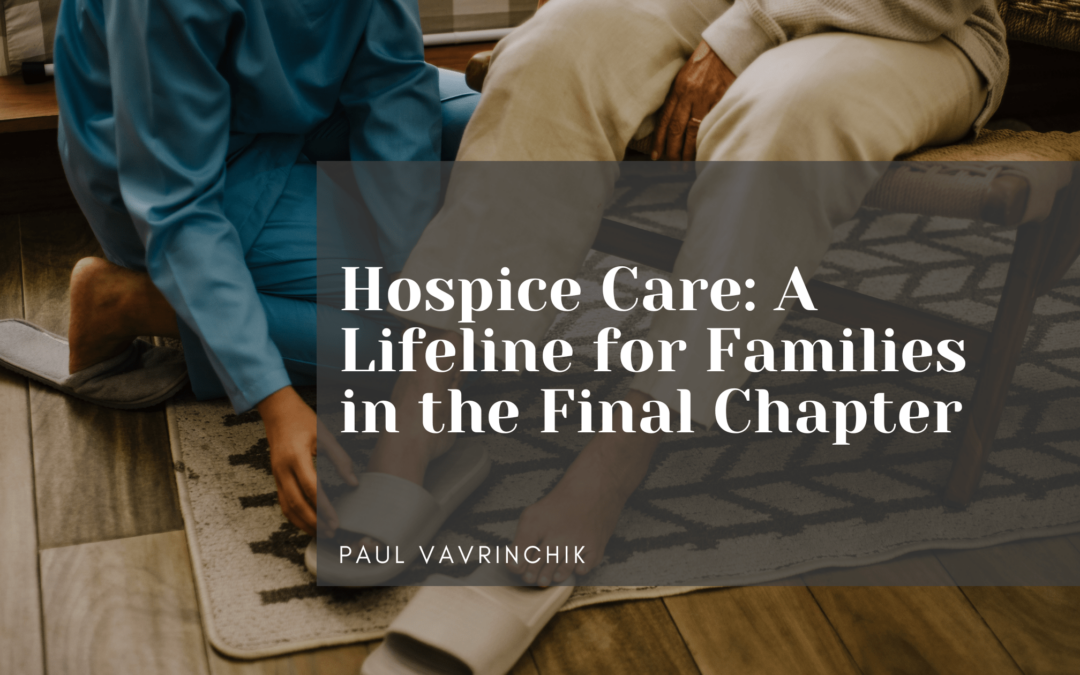When most people think of hospice care, they imagine a service designed solely for patients in their final days. While hospice indeed centers on providing comfort and dignity to those facing terminal illness, one of its most vital, and often overlooked, roles is the support it offers to families. At a time marked by emotional turbulence and uncertainty, hospice becomes a steady, compassionate presence, guiding families through one of life’s most difficult transitions.
Hospice recognizes that serious illness doesn’t just affect the person diagnosed – it reshapes the lives of everyone around them. Families suddenly find themselves navigating complex medical decisions, emotional strain, and the looming reality of loss. Hospice teams are trained not only in palliative medical care but also in emotional and psychosocial support. Social workers help families cope with anxiety, guilt, or anticipatory grief, while chaplains offer spiritual guidance tailored to each family’s beliefs and values.
Education is another critical component. Many families feel unprepared to care for a dying loved one at home. Hospice nurses provide hands-on training, helping caregivers manage medications, understand symptoms, and recognize the signs of decline. This empowers families, easing the fear of doing something wrong and reinforcing that they are not alone.
Moreover, hospice facilitates crucial conversations that might otherwise be avoided—about end-of-life wishes, unfinished business, and saying goodbye. These moments of connection often bring families closer, fostering healing and resolution. The hospice environment encourages presence over productivity, slowing down time enough to prioritize what truly matters: love, comfort, and closure.
After a patient’s passing, hospice care doesn’t end. Bereavement counselors often remain involved for up to 13 months, guiding families through the grieving process. Support groups, one-on-one counseling, and memorial services can help survivors feel less isolated in their sorrow and better equipped to heal.
In a healthcare system often focused on interventions and outcomes, hospice care stands apart. It centers on humanity, not just medicine. And while it undoubtedly serves the patient, its broader gift is the way it wraps families in a blanket of support—practical, emotional, and spiritual—when they need it most.
For many, hospice is not just end-of-life care. It’s whole-family care, grounded in compassion, that helps make the hardest goodbyes a little more bearable.

